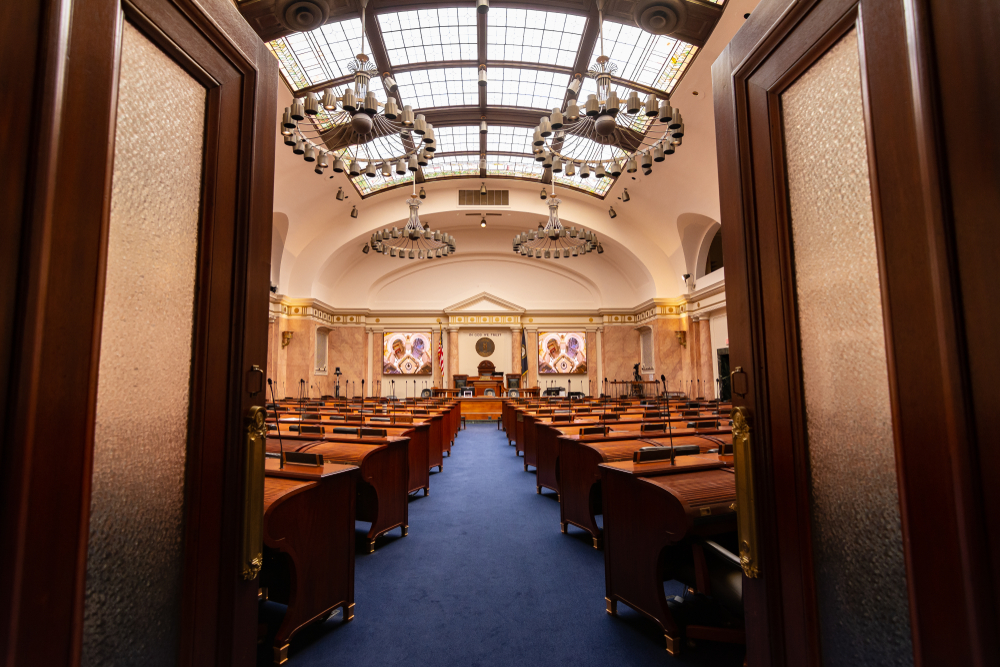Riffing off of Lord Acton’s quote on liberty and good government, I came up with an analogy that was well-received at last month’s inaugural Acton on Tap.
In his essay, “The History of Freedom in Antiquity,” Acton said the following:
Now Liberty and good government do not exclude each other; and there are excellent reasons why they should go together; but they do not necessarily go together. Liberty is not a means to a higher political end. It is itself the highest political end. It is not for the sake of a good public administration that it is required, but for security in the pursuit of the highest objects of civil society, and of private life.
I tried to think of an image or analogy that captured what Acton meant by “good government.” Perhaps not surprisingly, I came up with a sports analogy.
Fans of various sports, basketball for instance, know that the best games are typically the ones in which you do not notice the referees. Yes, the referees are there, making calls when appropriate. But they do not become the center of attention. They are not the ones putting the ball in the hoop. They are not making a spectacle of themselves. They go about their duties and are at their best when they are not noticed. The referees are not the center of attention; instead, the focus is on the players and the game.
Good government is like that. It protects liberty as its highest end, but it is a liberty that is used in pursuit of other ends, what Acton calls “the highest objects of civil society, and of private life.” Foremost among these is religion, and they are ultimately oriented to and subsumed under what the Westminster divines identified as man’s chief end: “to glorify God, and enjoy him forever.”
In this analogy, good government is like the referee that calls a fair game and does so in a way that does not produce a slanted playing field, or favor one team over the other. Good government is at its best when it is not the focus and is not grandstanding for attention.
Keep that in mind over the next month while you’re watching the NCAA tournament (and hopefully watching the seemingly-perennial Final Four run from the Michigan State Spartans, this year’s Big 10 co-champs). And be sure to mark your calendars for the next Acton on Tap, Tuesday, March 31, featuring Rudy Carrasco.
